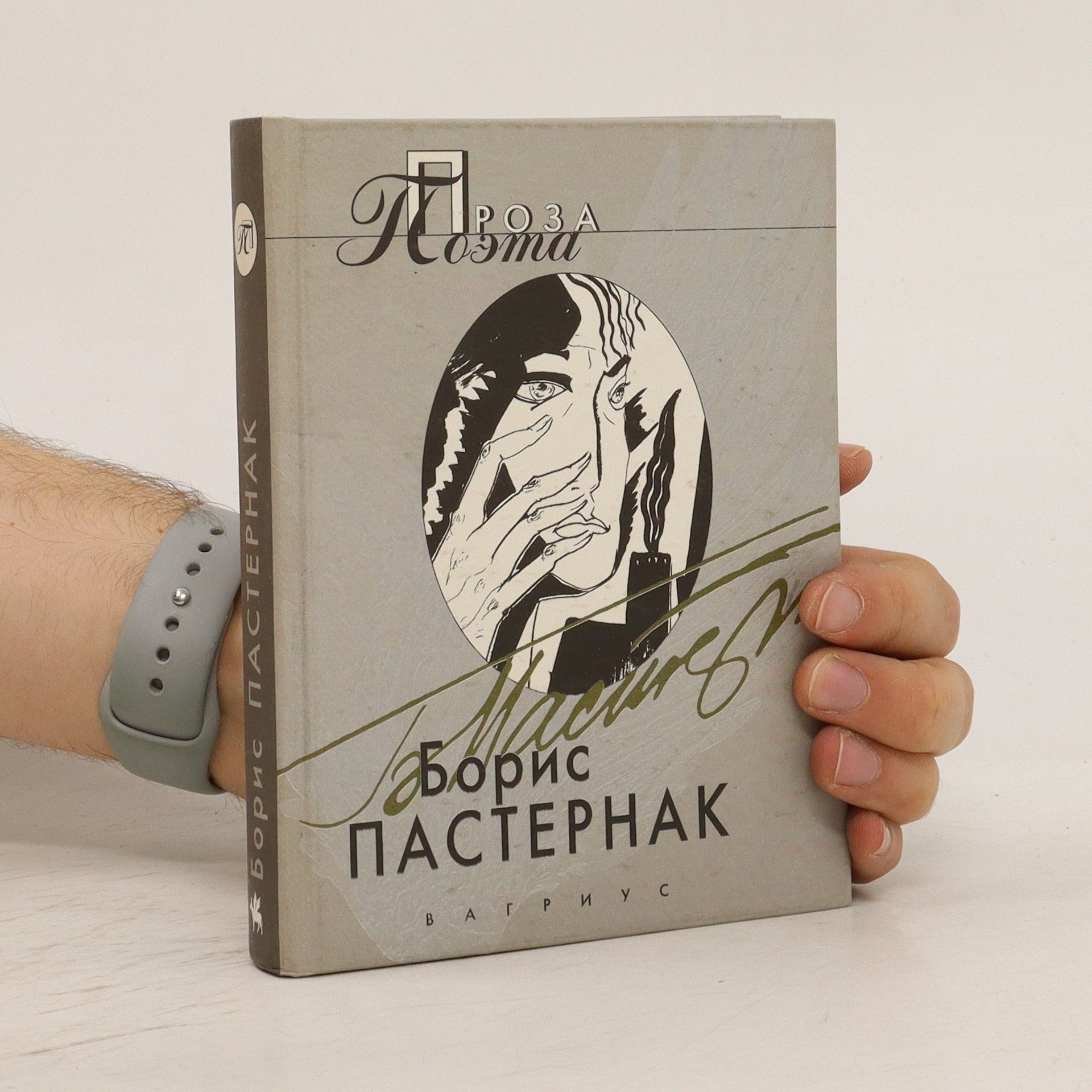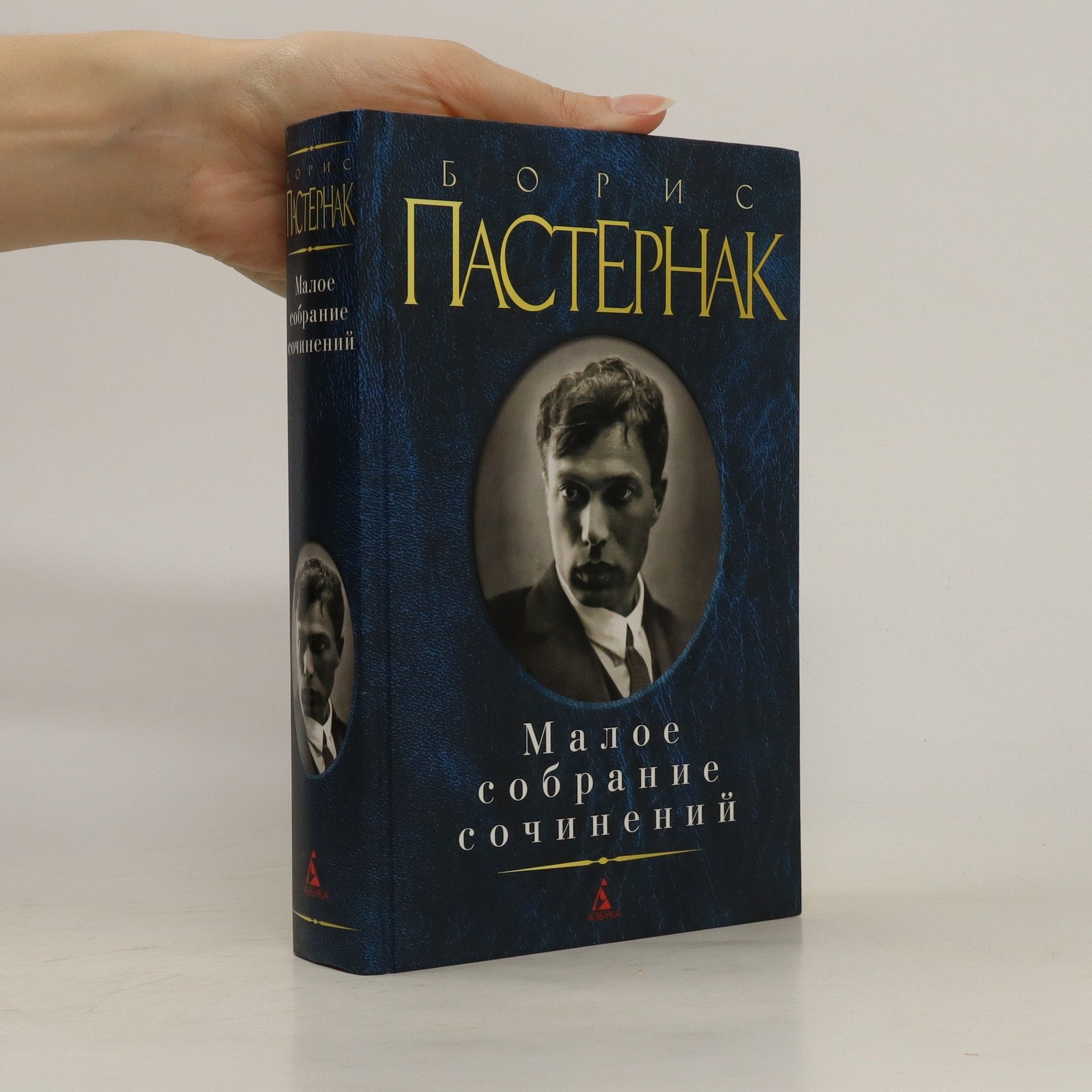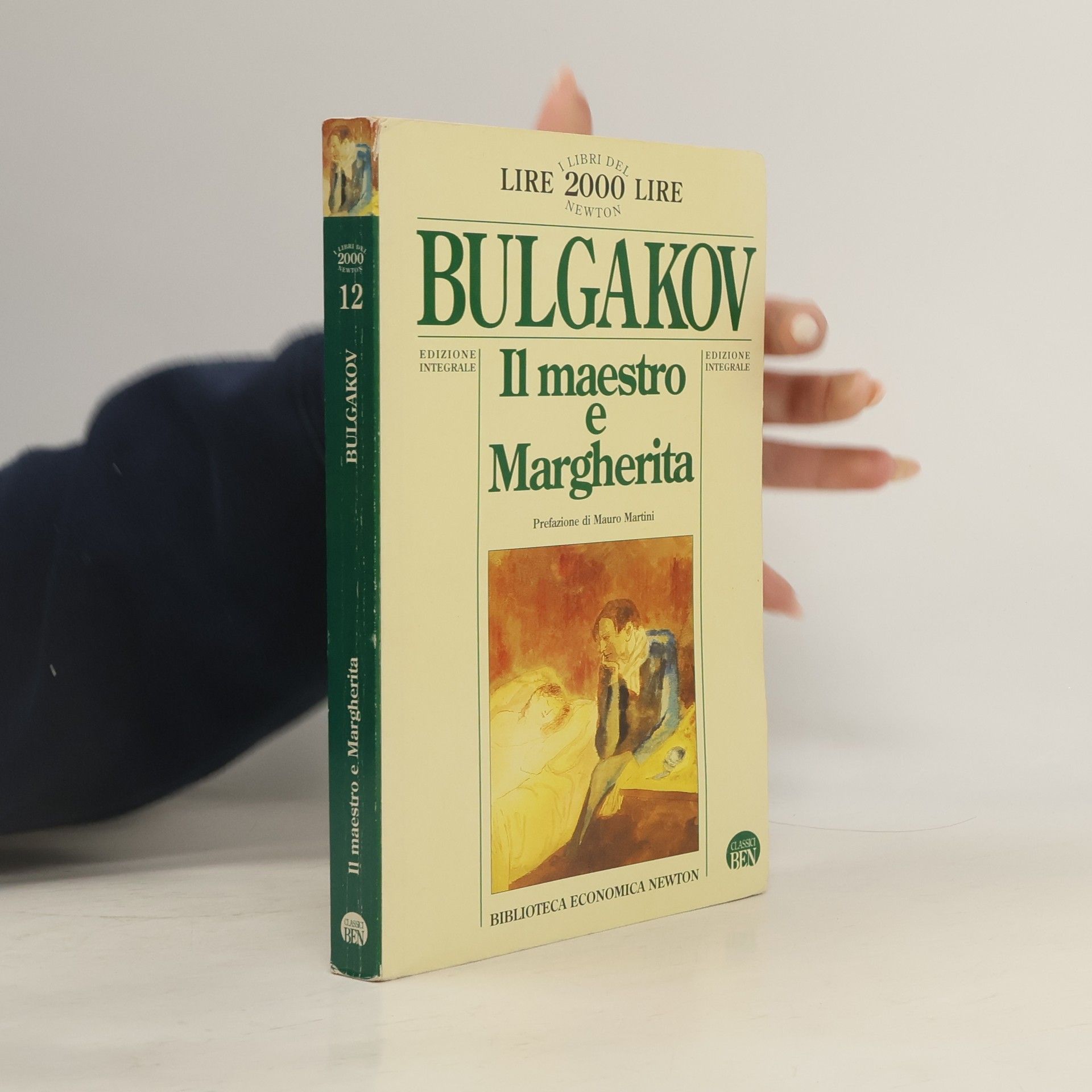Borìs Pasternàk nacque nel 1890 a Mosca. Il suo ingresso nella vita intellettuale russa coincise con la moda del cubofuturismo e con le più accese esperienze di rinnovamento letterario. Ma per quanto animato da un ansioso bisogno di ricerca, egli non dimenticò mai la più genuina tradizione della sua terra come testimonia l'opera poetica e, ancor meglio e di più, il romanzo. La sua poesia, così improduttiva ai fini della propaganda, non lo mise mai in buona luce presso le autorità; egli stesso, non per una ben individuata ragione di ordine politico, ma per un preciso bisogno di salvare la libertà dell'arte e del pensiero, sin dal 1930 visse in disparte nella sua dacia di Peredelkino presso Mosca, dove morì nel 1960. Fu in questa volontaria solitudine che maturò e fu scritto Il dottor Živago. Il premio Nobel per la letteratura, conferitogli nel 1958, e l'eco enorme e l'impressione profonda suscitate in tutto il mondo dal romanzo non valsero a toglierlo dall'isolamento nè ad attenuare il gelo ufficiale della politica e della letteratura sovietica. Solo dopo decenni dalla prima edizione mondiale, Il dottor Živago venne pubblicato in Urss.
Boris Leonidovič Pasternak Libri
I primi versi di Boris Pasternak raggiunsero la notorietà grazie alla sua distintiva immaginazione e profonda risonanza emotiva, che lo consacrarono come uno dei principali poeti contemporanei. Successivamente si dedicò alla prosa, in cui rappresentò magistralmente complesse esperienze umane e lo spirito della sua epoca. Pasternak è celebrato per il suo ricco stile linguistico e la sua capacità di esplorare temi universali attraverso vite umane specifiche. La sua opera offre una miscela unica di intensità lirica e respiro epico.



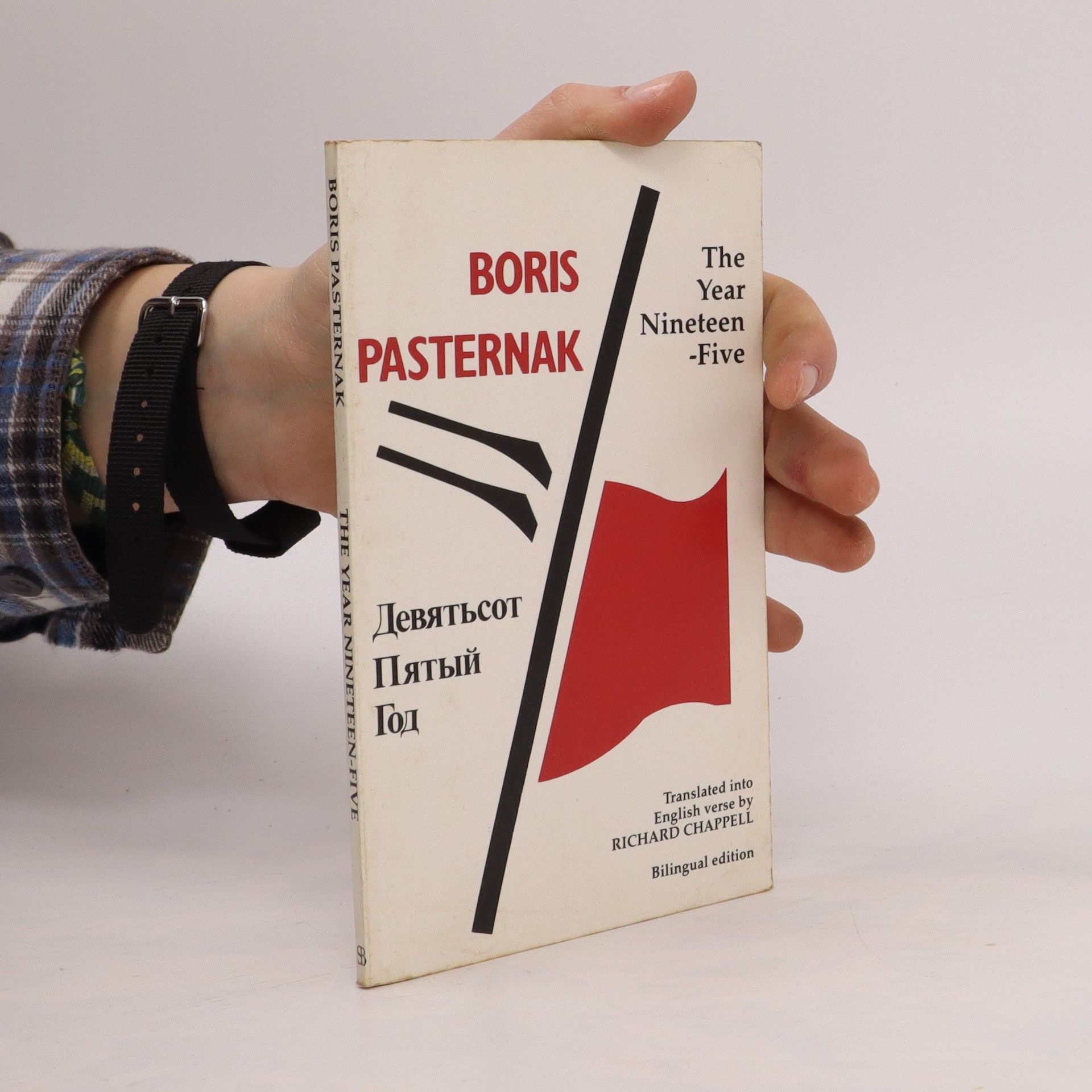

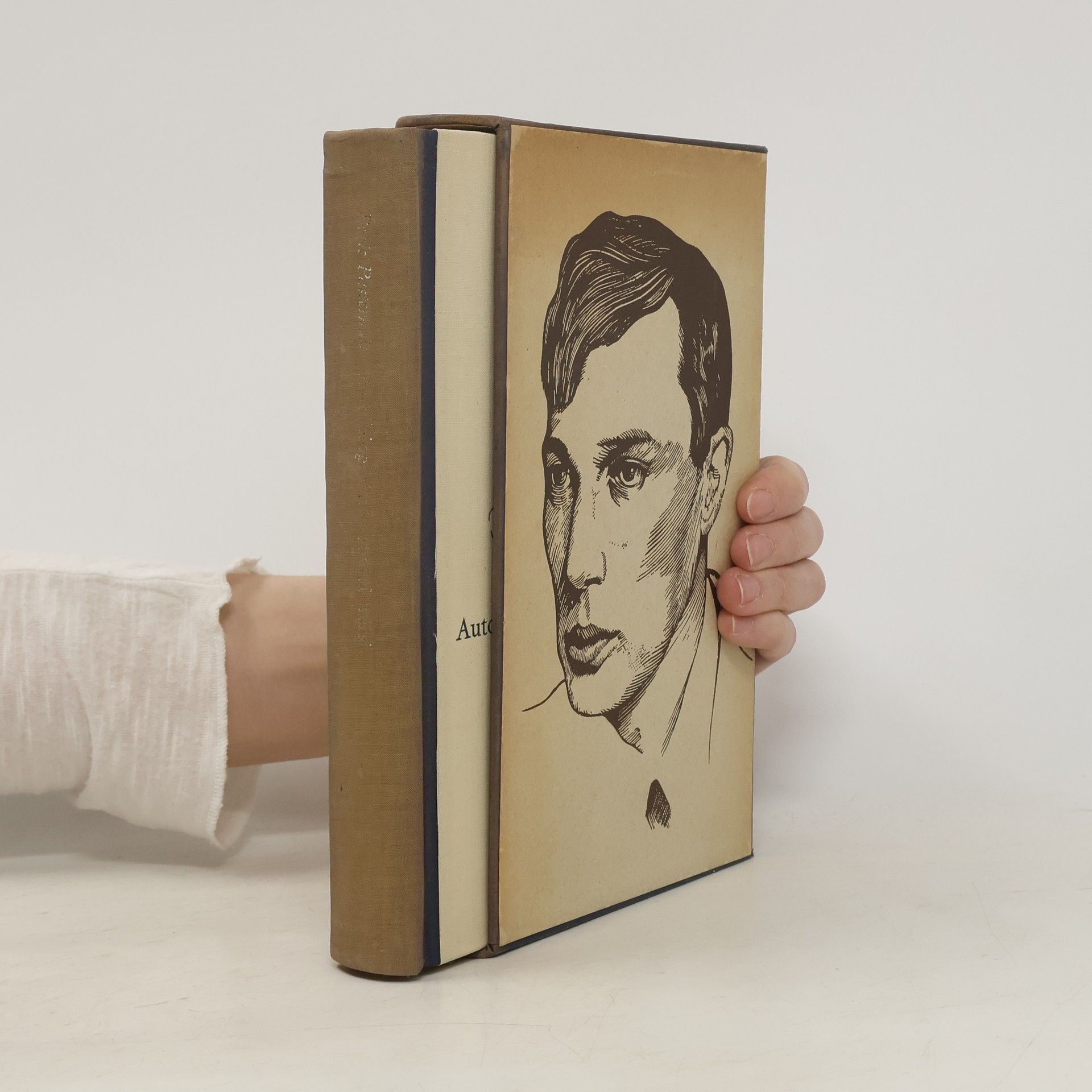
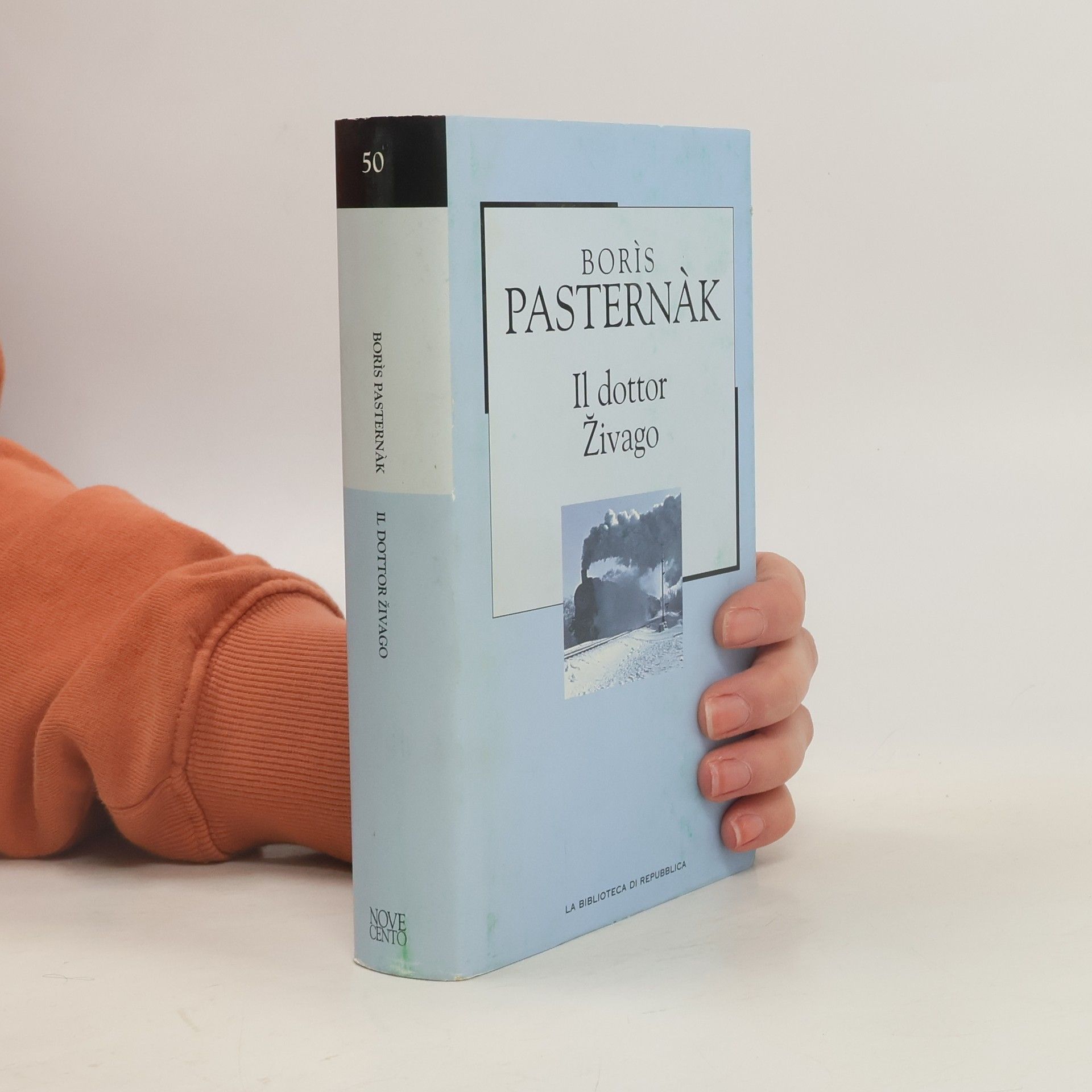
Poesia e vita
lettere a scrittori, poeti, uomini di cultura ed alla moglie Zinaida Nejgauz
- 185pagine
- 7 ore di lettura
Safe Conduct: An Autobiography and Other Writings
- 256pagine
- 9 ore di lettura
Exploring the life of Boris Pasternak, this autobiography reflects on his experiences and thoughts following the acclaim of Dr. Zhivago. It offers insights into his artistic journey, personal struggles, and the broader cultural context of his time, revealing the complexities of his character and the impact of historical events on his work. Through candid reflections, Pasternak provides a unique perspective on the interplay between his literary achievements and the tumultuous world around him.
Selected Poetry of Boris Pasternak
- 138pagine
- 5 ore di lettura
Boris Pasternak's groundbreaking collection, My Sister, Life, published in 1921, transformed Russian poetry and influenced a generation of poets, including Osip Mandelshtam and Marina Tsvetayeva. His evolving style, marked by simplicity, is evident in his later work, Early Trains. Pasternak's poetry delves into profound themes such as love, immortality, and spiritual reconciliation. Despite receiving the Nobel Prize for Literature in 1958, he faced political backlash from the Soviet regime, resulting in his refusal of the award, which was later accepted by his descendants in 1988.
В настоящее издание Бориса Пастернака вошли стихотворения 1912−1959 годов, а также роман «Доктор Живаго».Величайший лирик ХХ столетия, Пастернак от ошеломляющей избыточной метафоричности стихотворений 1910−1920-х годов приходит к не менее ошеломляющей и органичной свободе самовыражения книг «Второе рождение» и «На ранних поездах», достигнув затем в «Стихотворениях Юрия Живаго» и книге «Когда разгуляется» того провидческого состояния, когда «язык, родина и вместилище красоты и смысла, сам начинает думать и говорить за человека...».В 1958 году Б. Пастернак был удостоен Нобелевской премии «за значительные достижения в современной лирической поэзии, а также за продолжение традиций великого русского эпического романа». «Я весь мир заставил плакать над красой земли моей», — написал Пастернак о своем «Докторе Живаго». Роман, ставший причиной постыдного политического скандала, быть может, стоил писателю жизни...
Pubblicato postumo nel 1966, a oltre vent'anni dalla morte dell'autore, e senza mai aver ricevuto una versione definitiva, "Il Maestro e Margherita" venne subito salutato come uno dei classici irrinunciabili del Novecento. Romanzo assolutamente atipico e dalle infinite chiavi di lettura, in cui si intrecciano, come negli incastri di scatole magiche, una feroce satira delle 'anime morte' della grigia burocrazia moscovita degli anni '20, le ultime ore dell'esistenza di Cristo nel racconto di Pilato e l'amore tra il Maestro e Margherita, il capolavoro di Bulgakov è uno di quei rari libri in cui la densità di significati è pari soltanto alla sfrenata libertà dell'immaginazione. Meditazione sul rapporto e la lotta tra il bene e il male, sulla responsabilità individuale, sul significato della creazione artistica, "Il Maestro e Margherita" trascende ognuno di questi aspetti per fonderli in un'opera di sovrana ambiguità che è la celebrazione della potenza creatrice della Fantasia e dell'Arte.
